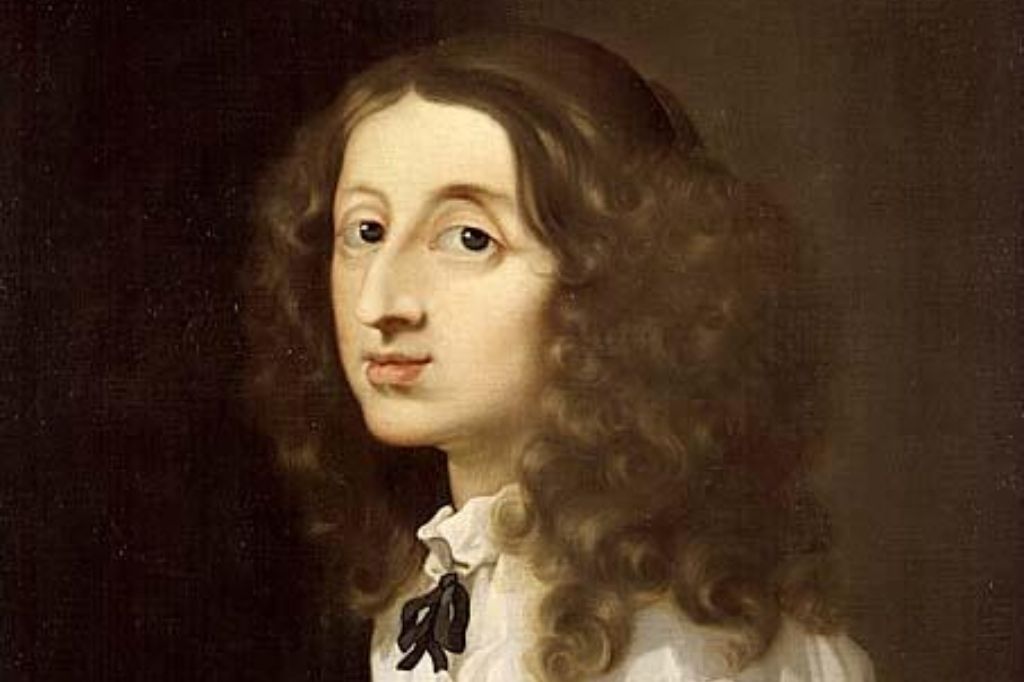
Portrait of Christina, Queen of Sweden by Sebastien Bourdon. (Wikipedia)
Time capsule for this episode: Arts Patronage in Rome
An extraordinary childhood
On Christmas Day, 1655, a special event took place in Rome. Pope Alexander VII gave communion to a newly arrived Queen Christina of Sweden and officially welcomed her to the city where she would live for the rest of her life. Up to that point, the Queen had gone through a lot in the span of her life, just shy of thirty years old.
Under an exceptional privilege, she was brought up and educated as a prince (by order of her father, Gustavus Adolphus), she was officially crowned “king” as a result (though she was referred to as “queen”), and she eventually cast aside her Lutheran religion in favor of Catholicism and ultimately abdicated her throne.
All of this can attributed to her having had an excellent education, immense intellect, and a questioning nature, among many qualities.
The first public opera house in Rome
Following her settling in Rome, Queen Christina became one of the most distinguished cultural patrons of the period. She continued to employ musicians as she had done before her abdication and conversion, and went on to establish at least two significant organizations.
The first was the founding of an academy where leading artistic and scholarly figures met. Later known as the Arcadian Academy, music was an important part of every meeting. In fact, each one ended with a performance.
The second organization was less private than the academy. In 1671, she opened the first public opera house in Rome. Francesco Cavalli’s Scipione Affricano was the inaugural opera.
A love of music and musicians
The queen employed a number of the finest Italian composers, many of which history agrees with her. In Rome, her direct musical patronage was enjoyed by Giacomo Carissimi, Alessandro Scarlatti, Arcangelo Corelli, and Bernardo Pasquini—all prominent in their day. You might imagine that she loved Baroque music more than anything else.
However, it is recorded that she also loved the madrigals of Italian Renaissance composer Carlo Gesualdo. Queen Christina would have no doubt been very familiar with his last two books of madrigals.
Featured Release: Arcangelo Corelli
Our featured release continues with the music surrounding Queen Christina of Sweden.
For his very first publication (opus 1), Arcangelo Corelli dedicated a set of twelve Church sonatas for two violins and basso continuo to Queen Christina. By 1681, the year of their publication, Corelli had been in her employ for around three years as a chamber musician, which included duties as a composer.
The Queen was one of the most important patrons during his life.
The distinguished chamber ensemble London Baroque performs excerpts from their 1991 recording of Corelli’s complete op. 1 trio sonatas on the Harmonia Mundi label.









